Resiliency is about handling stress, uncertainty and setbacks well — in other words, maintaining equilibrium under pressure.
And in our modern lives, whether we are at school, at work, or at home, there is no shortage of pressure.
Maintaining our equilibrium is something, it seems, we all need these days.
There is something you can do — everyday if you would like — to help build your resilience, your capacity to weather stressful events.
It's journalling.
Keeping a journal can foster resiliency.
CCL recommends using "learning journals" or "reflection journals" as tools for gaining insight into your leadership experiences.
The process of writing and reflection builds self-awareness, encourages learning and opens the door to adaptability.
The form and content of your journal is a matter of individual choice. However, when you do sit down to make a journal entry about an experience that has challenged your equilibrium, we recommend it have three parts:
✤ The event or experience.
Describe what occurred as objectively as possible.
Don't use judgmental language.
Stick to the facts.
What happened?
Who was involved?
When did it happen?
Where did it happen?
✤ Your reaction.
Describe your reaction to the event as factually and objectively as possible.
What did you want to do in response to the event?
What did you actually do?
What were your thoughts?
What were your feelings?
✤ The lessons.
Think about the experience and your reaction to it.
What did you learn from the event and from your reaction to it?
Did the event suggest a development need you should address?
Do you see a pattern in your reactions?
Did you react differently than in the past during similar experiences and does that suggest you are making progress or backsliding on a valuable leadership competency?
So remember, capture the event or experience in objective language, describe your reaction, then note the lessons you might get from it.
CCL uses journaling as part of almost all our leadership development program experiences and we emphasize with our participants that learning doesn't come from the "doing" but in the "reflecting on the doing."
>> Source:
http://bit.ly/kbIo6U
Post Image: http://bit.ly/1ep79Ah
Via
Christine Heine,
Gust MEES
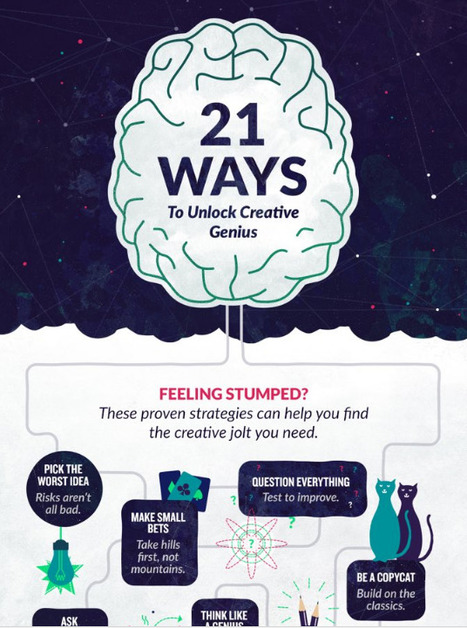



 Your new post is loading...
Your new post is loading...






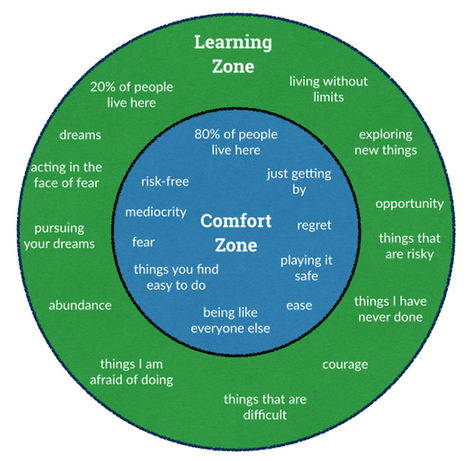



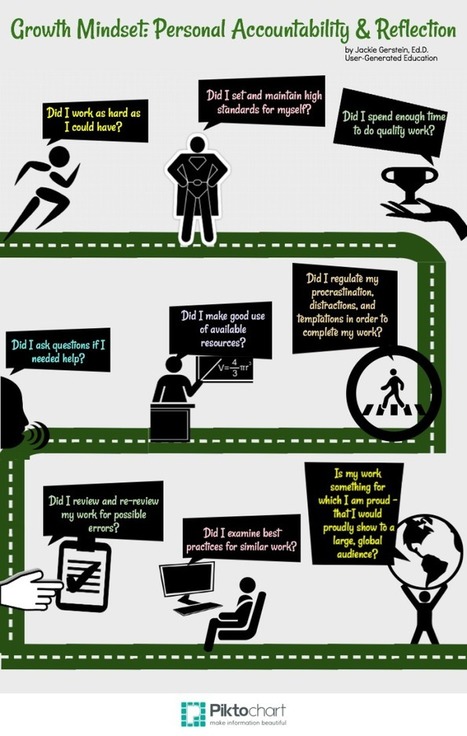


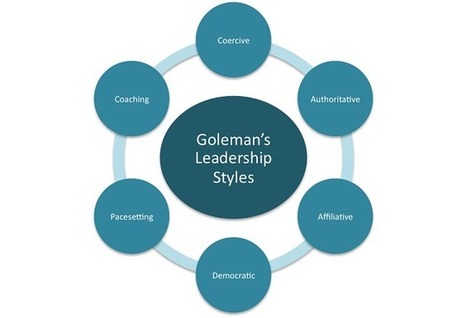



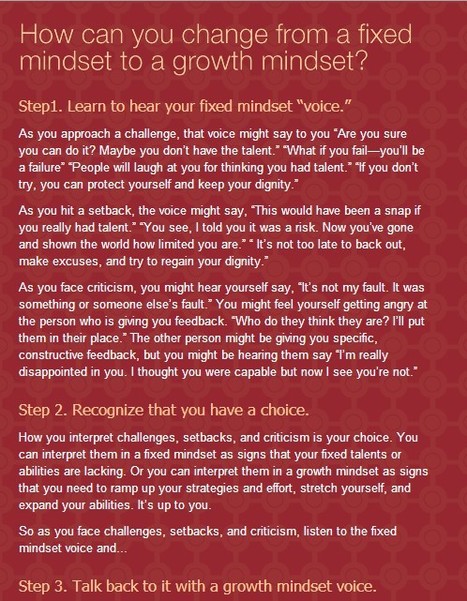




![5 Keys to Inspiring Leadership, No Matter Your Style [Infographic] | Tidbits, titbits or tipbits? | Scoop.it](https://img.scoop.it/Yx6n8qJdZXNHm-TrF6Of7zl72eJkfbmt4t8yenImKBVvK0kTmF0xjctABnaLJIm9)





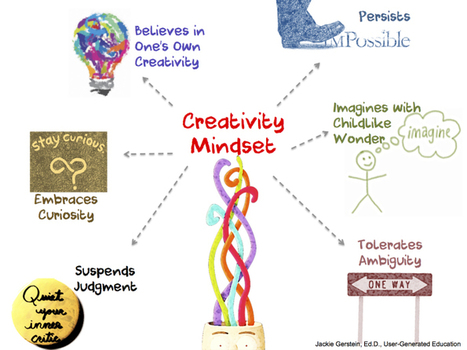






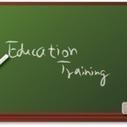








![7 Project Manager Personalities-Which Are YOU? [Infographic] | Tidbits, titbits or tipbits? | Scoop.it](https://img.scoop.it/XDSLXXoSoQQV1hhWmcoIqjl72eJkfbmt4t8yenImKBVvK0kTmF0xjctABnaLJIm9)





Click this link to access the Infographic:
https://pbs.twimg.com/media/C318Ja6XAAE7dOD.jpg:large
Learn more / En savoir plus / Mehr erfahren:
http://www.scoop.it/t/21st-century-learning-and-teaching/?tag=Creativity
https://gustmees.wordpress.com/?s=creativity